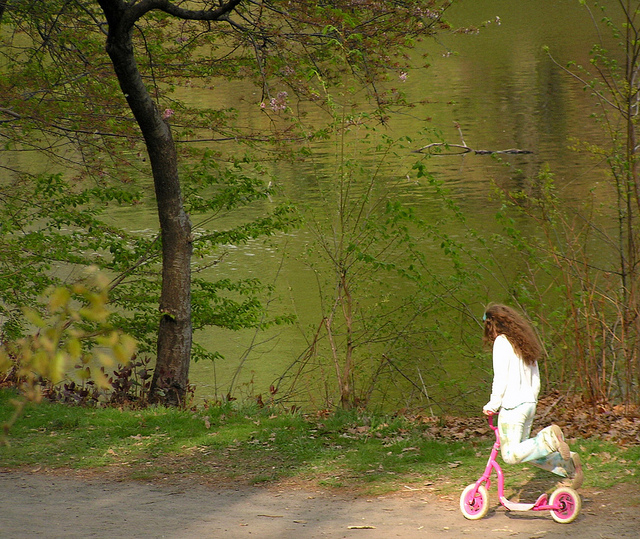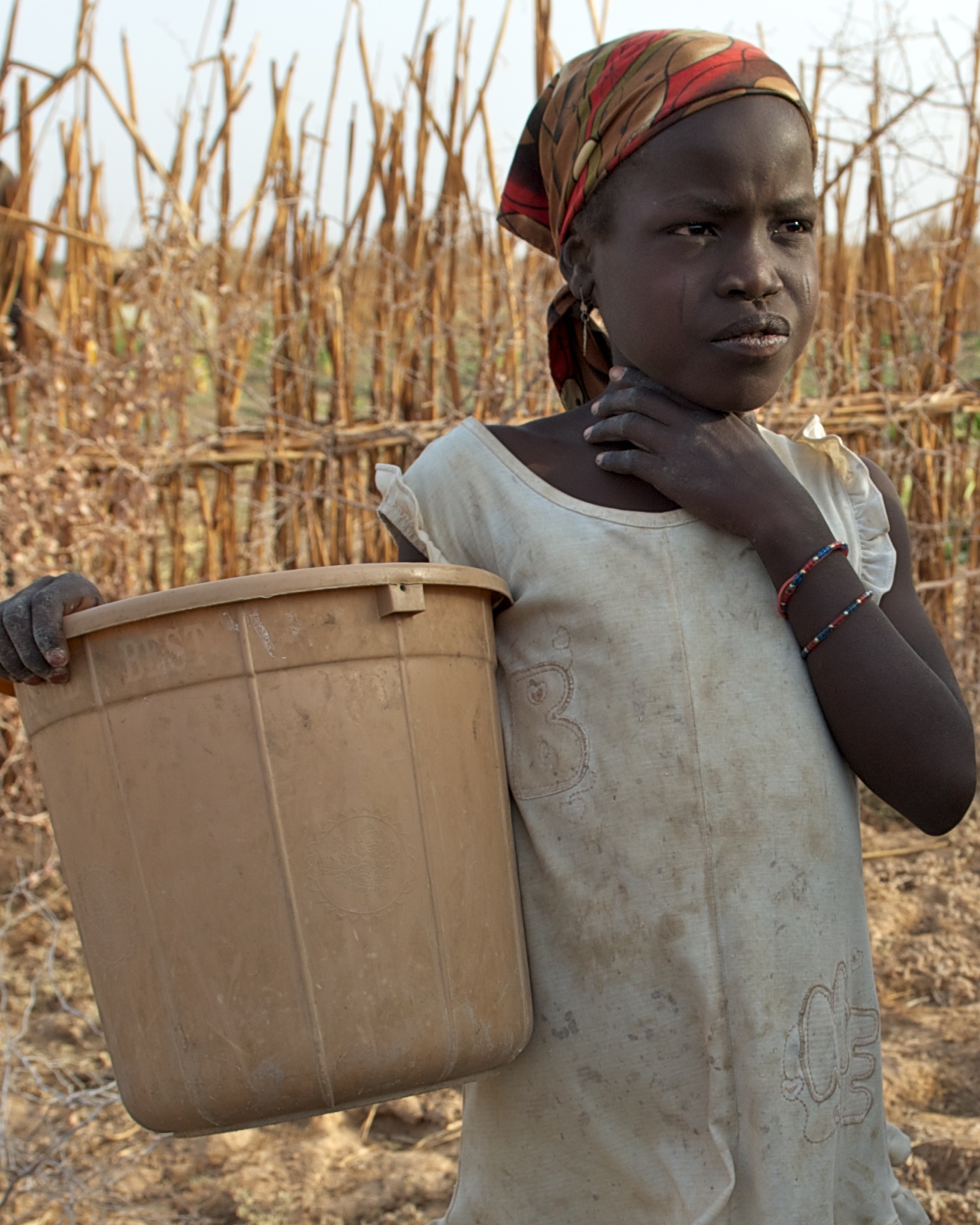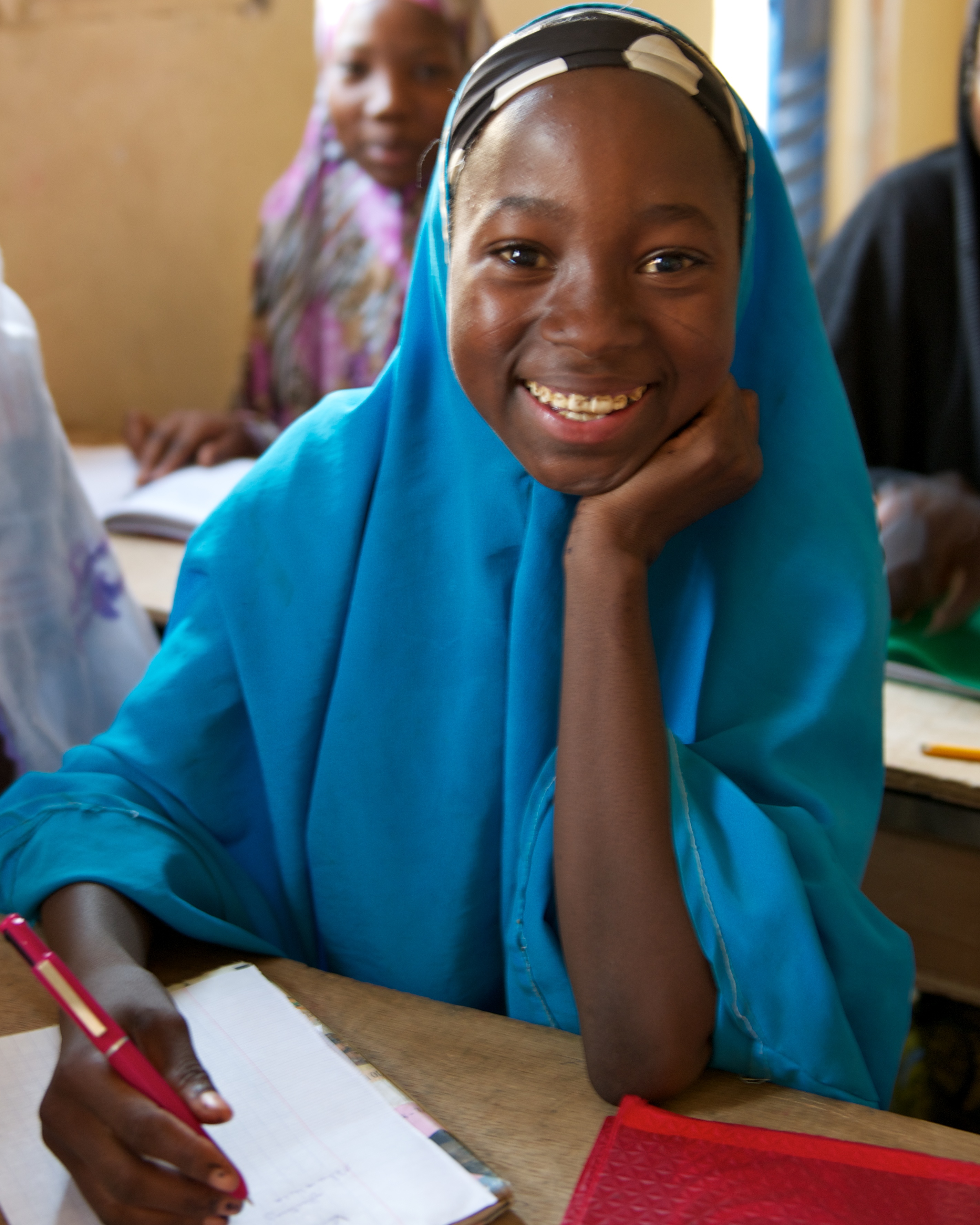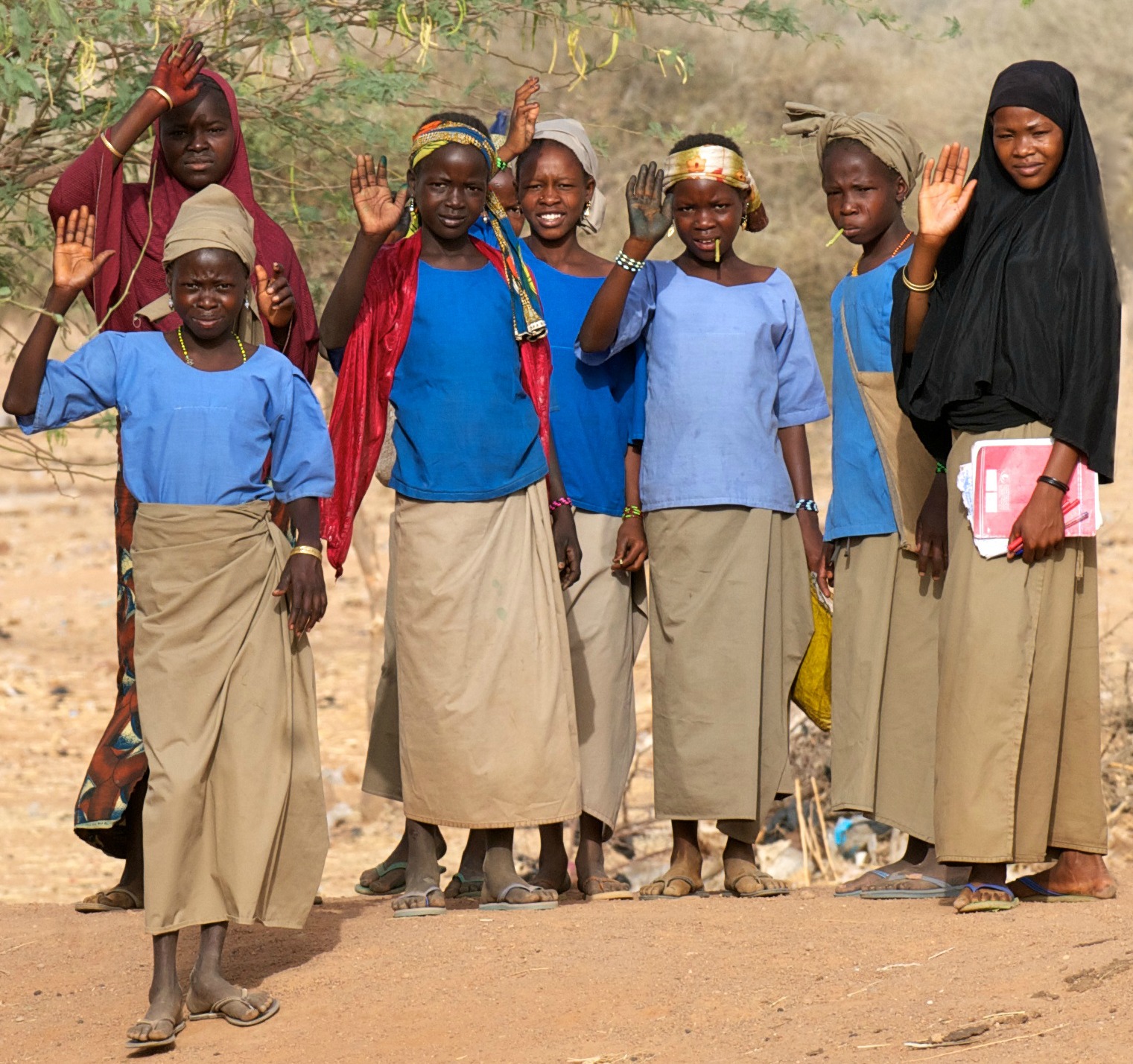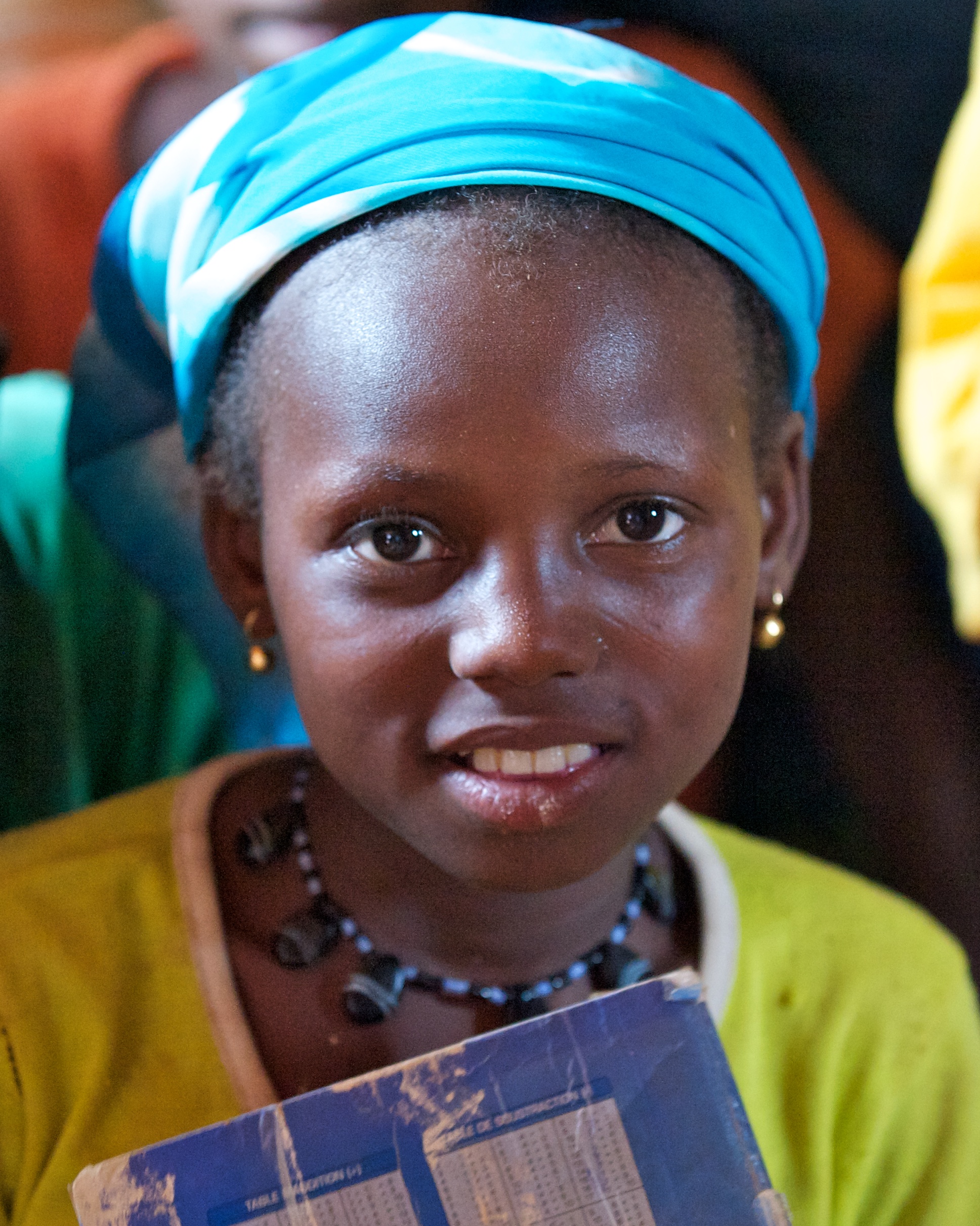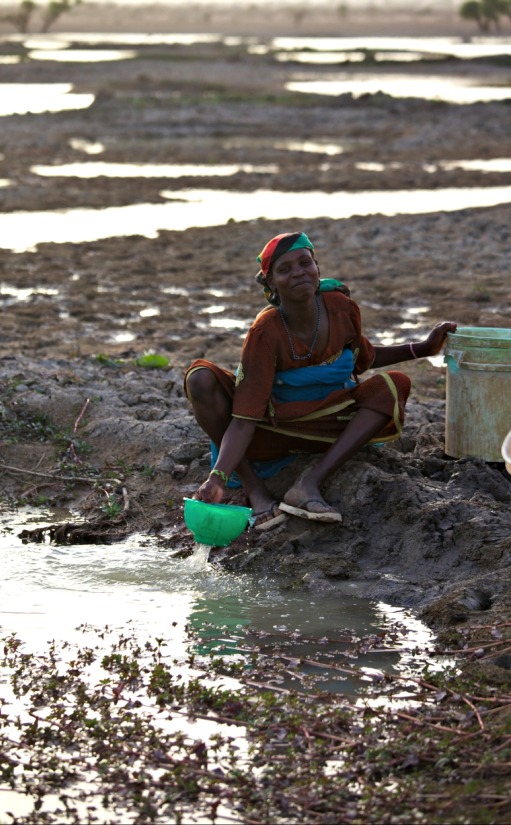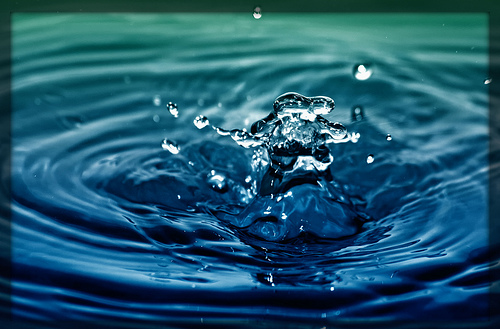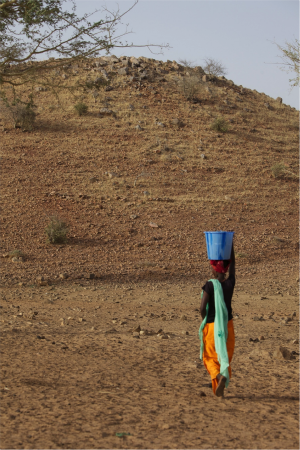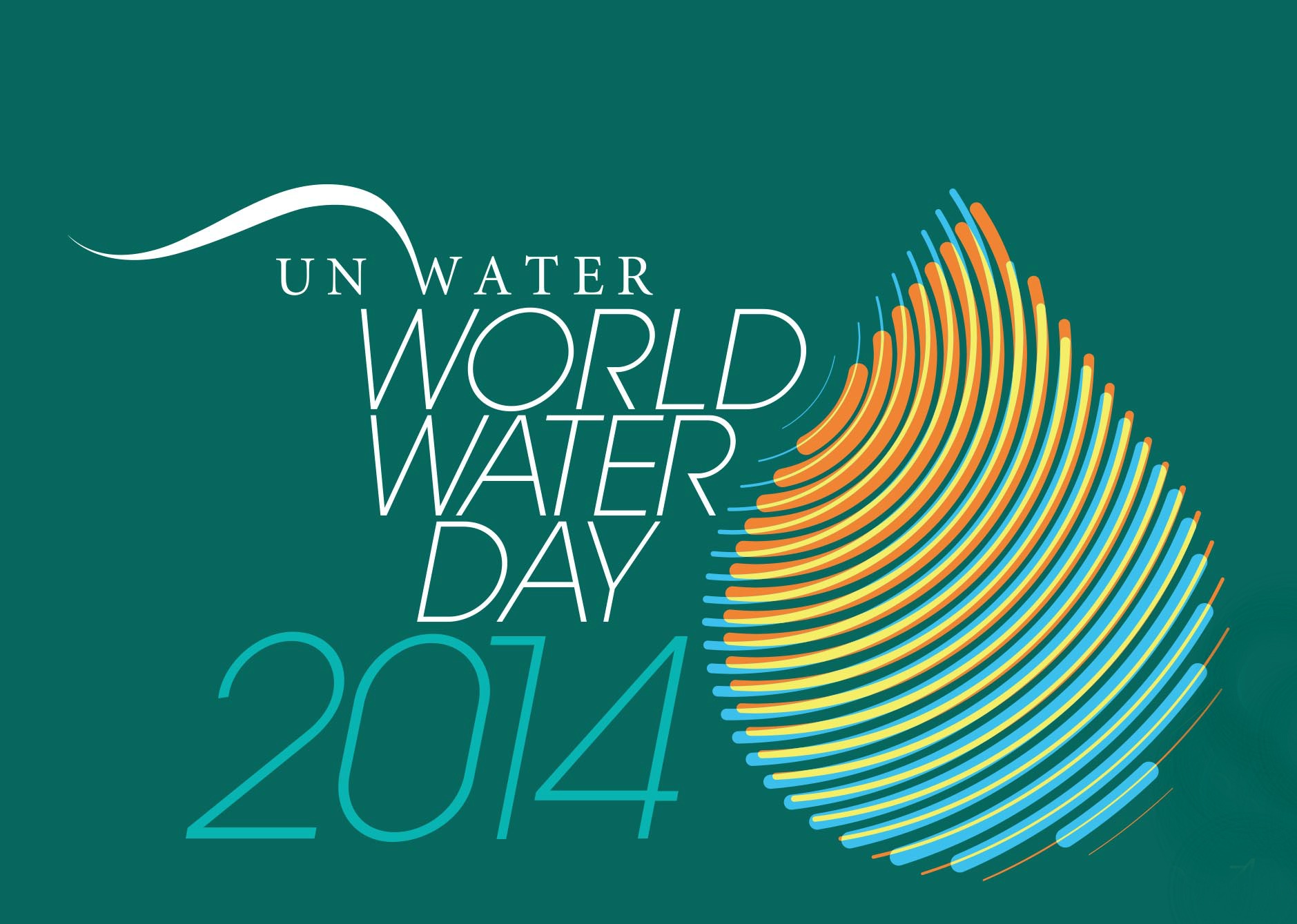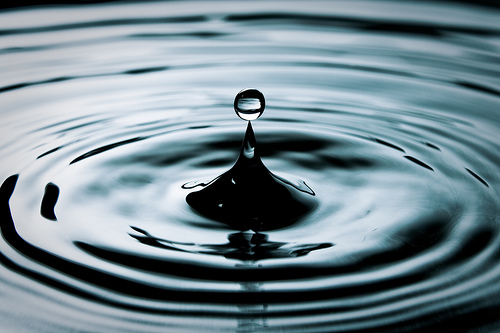by Stella Salguero-Ramirez
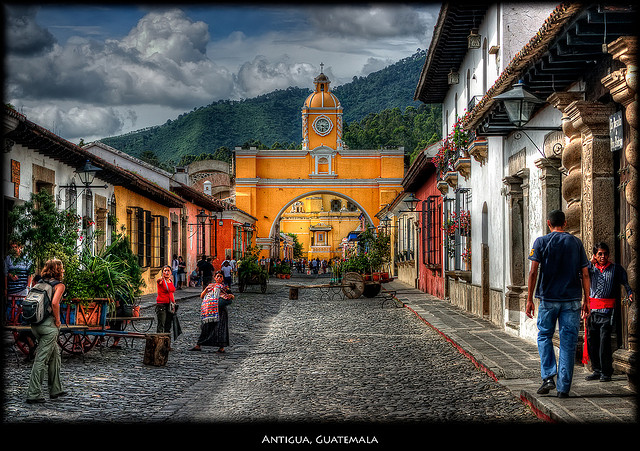 |
| {source: Pedro Szekely} |
The summer of 1998, I spent three months in Guatemala City with my family. The majority of my relatives live there, and I frequently go for two week visits to see my cousins, aunts and uncles, and grandmother. My memories from that summer include fun packed days visiting ruins in Antigua, traveling hours down spiraling dirt roads, lush green, scenic routes and distant volcanos that stirred an interest in hiking. That summer, however, was not spent on touristic expeditions. We didn’t rampantly capture every scenic second of our visit with our cameras; we spent our time like locals. To my mother and father, of course this was nostalgic, a return home; to me, it was culture shock. The sole intent of our trip was to spend as much time as possible with my fragile great-grandmother before her time came.
The weeks rolled by, and one thing that did not get easier was bathing. Showering was not an option. The showerheads at my mother’s childhood home did not work, and hot water was nonexistent as they didn’t have the means to purchase a water heater. I found myself unmotivated to bathe because my only option was a bath in freezing water. To an 8-year-old girl, diving into arctic cold water for hygiene purposes was not an appealing concept, so I opted to go days without a drop of water hitting my skin. My Tia Carmen would chase me around the terrace, forcing me wash myself. My cousins would all help her carry me down the terrace stairs to force me to the pila, a concrete t-shaped sink useful for washing clothes, dishes and stinky 8-year-old brats who refused to live a sanitary existence.
 |
| {source: Guatemala Through My Eyes} |
Tia Carmen would heat the water for me on the stove, but I found the entie process daunting and excruciatingly uncomfortable. I wasn’t used to this process of bathing; I was refusing to conform to their ways, until it finally hit me. They were going out of their way to heat water on the stove and to convince me to practice basic hygiene. I was only there for three months; they had never left the country. Everyone was accustomed to small rations of water a day, but I could not wrap my mind around it.
To this day, Guatemala has an abundance of water. Rain pours in generous amount through the months of August and September. Enough water exists to supply the demand yet what is lacking is the appropriate management to disperse this supply to the entire population. According to UNICEF and the World Health Organization, “94% now have access to improved water resources; 80% have improved sanitation facilities.” These statistics are a remarkable improvement, yet improvement shouldn’t end at the 80th percentile. Guatemala should continue to raise the bar to achieve 100% improved sanitation and safety for all.
According to the Water Resources Assessment of Guatemala compiled, US Army Corps of Engineers explains that, “The quality of surface water resources is generally fresh except along the coastal areas of the country. However, based on established biological and chemical standards, every water body in the country should be considered contaminated. In agricultural areas, pesticides are a primary source of contamination. Sewage from Guatemala City has caused the Rio Villalobos, which receives 60 percent of the sewage, and the Rio Las Vacas, which receives the remaining 40 percent of the sewage, to be considered the most contaminated streams in the country.”
Contaminated water has detrimental effects on the lives of many and poses life-threatening challenges to many more, particularly children. Access to safe water must increase to 100% around the world. Everyone has the right to safe water, food, and shelter. Increasing access to clean water can reduce deaths by more than 50% around the world. Every adult and child around the world should know what clean water tastes like. Let’s make this dream a reality!


